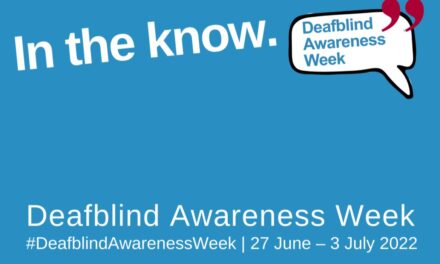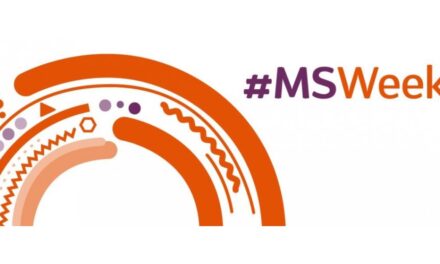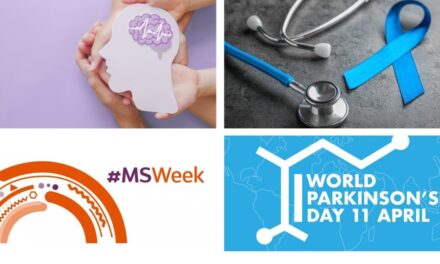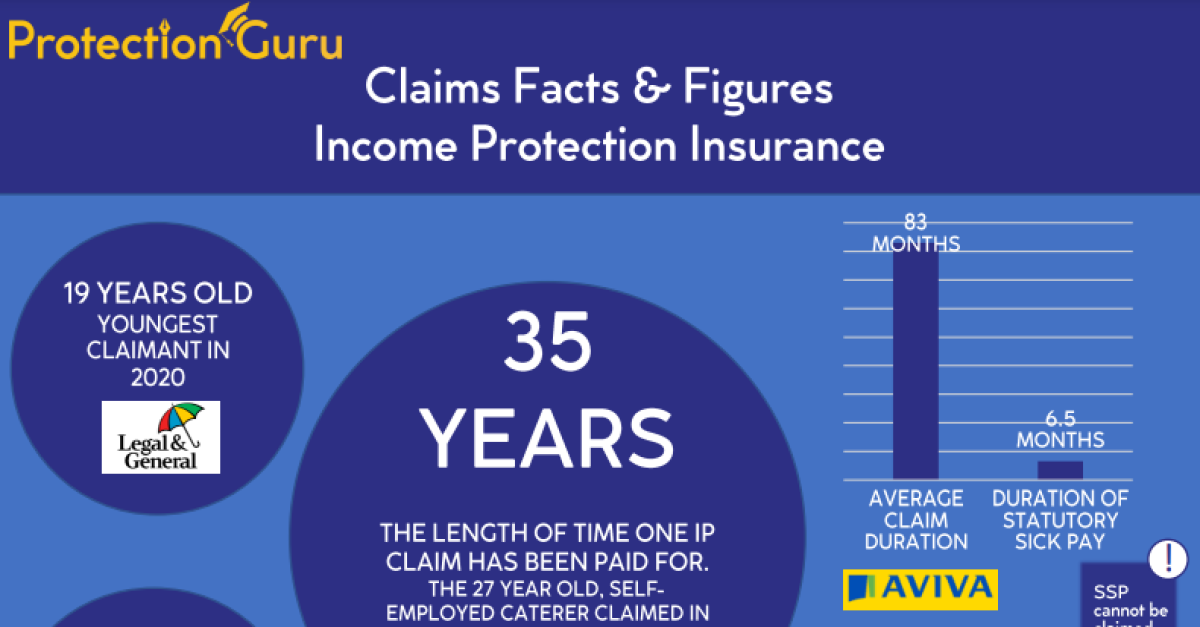
World Alzheimer’s Day – who offers WHAT?

With 850,000 people in the UK currently living with dementia and between 50 and 75% of those specifically suffering from Alzheimer’s Disease it may be surprising to some that relatively few Critical Illness claims are paid for this condition. With this month marking the 9th World Alzheimer’s month and today specifically being World Alzheimer’s day, our panel of independent doctors consider why this is and what cover insurers offer.
As many will be aware dementia is a disorder of the brain that results in a loss of brain function and usually follows a slow, progressive decline with no cure. Pretty much all critical illness policies will cover dementia (which will include Alzheimer’s Disease) as a full payment condition, however there are a couple of reasons as to why more claims are not paid.
Age of diagnosis
The first and perhaps most obvious reason is that Dementia is far more likely to affect people in the later years of life when they are less likely to have an in force critical illness plan. Our doctors explain:
“Dementia has huge incidence rates and has recently been estimated at 386 cases per 100,000 of the population per year in the UK. Despite this, claims for this condition are rare as demonstrated by only two reported cases in Royal London’s 2019 claim statistics. The reason for this is that dementia is much less common under 65 years old, where it is often referred to as early onset dementia (EOD). UK studies have estimated incidence rates for EOD as between 7.2-11.5 per 100,000 between the ages of 45-64. This would be the target age group of those making claims in critical illness insurance. This is an example of why age specific incidence rates are vital in any critical illness comparison tool.”
Stricter legacy policy wordings
When we consider claim statistics, it is important to note that the claims being reported are based on an insurers entire back book of policies. This means that vast majority of the claims are being paid on old policy definitions with far fewer being paid on today’s policy wordings.
This is an important point to consider as many legacy policies tend to include an age limitation on their dementia and separate Alzheimer’s definitions. This age limitation specifically excluded diagnosis before a certain age (usually 65). As such those that suffer from early onset dementia, as explained by our doctors above, would not be covered.
Critical Illness pays out when there is significant impairment
Whilst we would all love to receive a windfall for minor ailments this is wholly unsustainable within a critical illness plan and not what they are designed for. Critical Illness plans have been designed to provide financial resilience at a time where the client suffers from a “critical” illness that will have a significant impact on their life.
Alzheimer’s Disease is certainly a “critical” illness however it’s symptoms are progressive with the rate of decline varying from patient to patient. Early-stage Alzheimer’s will have less impact on day to day ability to do things and the patient may still be able to drive, go to work and continue their social life. At such point they may still be able live life independently. Conversely in late-stage Alzheimer’s symptoms are severe and an individual will likely lose the ability to respond to their environment.
For a critical illness plan to pay a Dementia claim they will generally require;
“Permanent clinical loss of the ability to do all of the following:
- Remember;
- Reason; and
- Perceive, understand, express and give effect to ideas.”
Due to this those with early or middle stage Dementia are unlikely to be able to claim as our doctors explain:
“Dementia follows a slow, progressive decline. Insurers only cover the most severe “end-stages” so the sufferer may well not reach this grade of severity by the time their policy ends.”
The one exception to this is Vitality who offer several different dementia definitions, the lowest severity of which only requires a definite diagnosis (only covered on Comprehensive cover and will pay 10% of the sum assured). As is the nature of the severity payments within the Vitality plan, the client is able to make further claims as their condition worsen’s and they meet the higher severity definitions.
Where a client meets the dementia claim criteria at a young age, there are a number of insurers that will pay more than the sum assured. Aviva, LV=, Scottish Widows, Vitality (if serious illness cover booster is included) and Zurich all include enhanced payment within their plans recognising the devastating affect that suffering from early onset dementia will have on a younger person’s life. To find out more on what these insurers offer click here.
Vitality also offer Dementia and FrailCare cover which is a unique offering in the market. Where included within their serious illness cover (there is no additional cost but it has to be added at the start of the plan) cover for dementia, Alzheimer’s, Parkinson’s, stroke and frailty will continue at the end of the plan on a whole of life basis and the client will continue to pay their premium. If standard Dementia and Frailcare cover is selected they will be covered for 50% of the serious illness sum assured (less any claims that have been paid) whereas if they select the Dementia and Frailcare Plus (at an additional cost) they will be covered for 100% of the sum assured (again less any claims that have been paid.
Where serious illness cover is taken, it should be an easy decision to add at least the standard cover especially given the massive increase in incidence of these conditions in later life.
With an aging population and the number of people in the UK suffering from Alzheimer’s projected to reach 1.6 million, providing innovative new ways to provide financial support to those suffering from such conditions are very welcome. Vitality are really setting the bar not only through their Dementia and Frailcare cover, but also in their standard coverage of dementia which at its lowest severity does not even require permanent symptoms. With such features, hopefully we will see more dementia and Alzheimer’s claims paid.


















